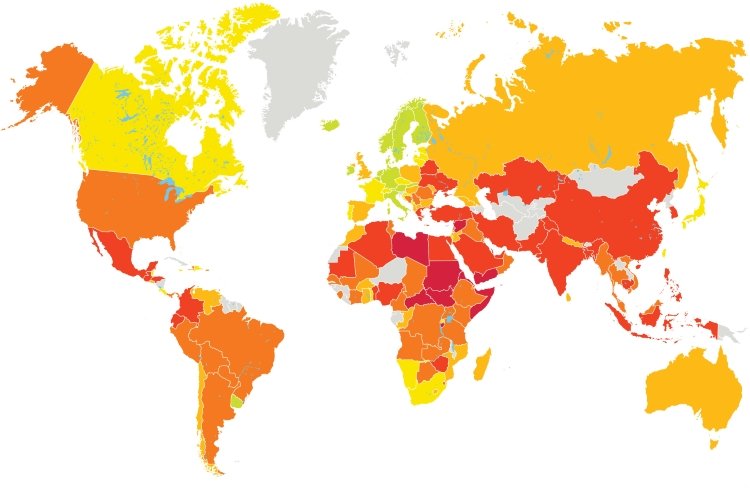During the meeting held on February 26, the members of the NCTUM Committee of Confederation have presented a range of demands regarding consumer incomes and expenditures of Moldovan population, as well as the prices at the present stage.
Oleg Budza, the Chairman of the NCTUM, has underlined that population’s wellbeing is first of all determined by the income level and its purchasing power.
As emphasized by the trade union leader, “The Government should increase the minimum wage in the country and wage rate for the 1stgrade for payment in public sector to the minimum living wage. It is also necessary to modify the Law on Wages in order to exclude provisions facilitating only payment of minimum wages.”
PetruChiriac, Deputy Chairman of the NCTUM has mentioned that there had created an unreasonably low level of wages in the Republic of Moldova, being the lowest level of labour remuneration in CIS and Eastern European countries.
“According to NCTUM, the state plays an important role at the present stage by regulating the wage system. The minimum wage established in Moldova, as well as the wage rate of the 1st grade for payment in public sector and guaranteed minimum wage in real sector have to be significantly increased. Though starting from October 1, 2014 the minimum wage in the country and wage rate for the 1stgrade for payment in public sector were increased to 1,000 MDL, these still amount to only 56% of the minimum living wage for employable population (1,767 MDL), while guaranteed minimum wage in real sector – to 99%” – said Chiriac.
The NCTUM also requests the Government to reduce VAT rate for food products and socially significant services, medications, natural gases, etc.; to increase personal exemption to the level of minimum living wage for employable population; to regulate by state consumer costs of products, goods, services and medications of prime necessity.
The NCTUM will send the National Committee for Collective Consultations and Negotiations a request for bringing up for discussion the situation regarding evolution of prices for goods and services and means of provision of population income’s purchasing power.
Informational Department of the NCTUM



